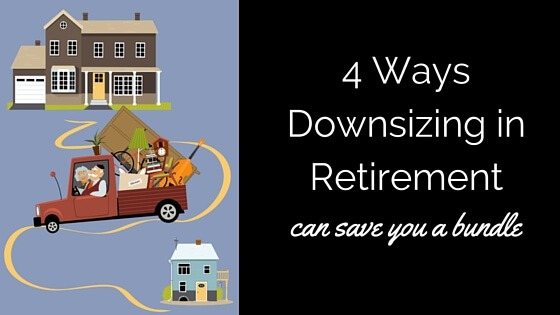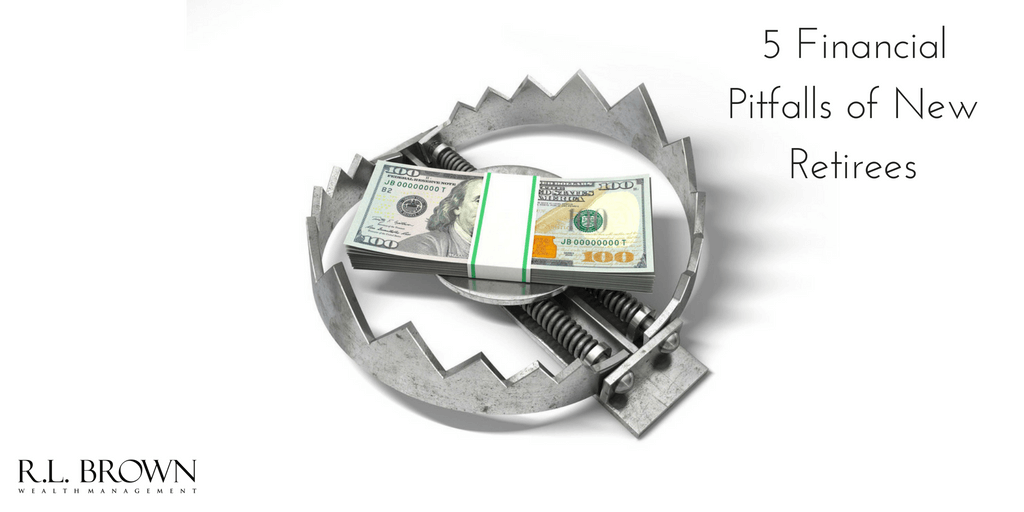If you’re nearing retirement, you may have mixed emotions. Excitement about your upcoming free time, but also a level of anxiety about whether your savings will be sufficient to last throughout your golden years. That’s why I thought it would be beneficial to go through a list of ways downsizing your home in retirement could significantly reduce your monthly expenses once you’ve stopped working.
Taking that big step to sell your larger home for a smaller one or a rental could free up hundreds and possibly thousands of dollars per year to put toward other living expenses and/or leisure activities during retirement. Make sure to look before you leap into downsizing, however, as there are costs involved in preparing your house to sell, as well as realtor fees. The following list of benefits to downsizing may help you in your decision-making process:
1. Lower utility costs
Moving to a smaller home will most likely equal lower utility and maintenance costs. Also, a smaller and less valuable home will cost less to insure than a larger home in a similar area. If you choose to rent, that type of insurance is also typically much less than homeowner’s insurance.
2. Less spent on health care
If you not only downsize, but also choose to move to a different city or state that has more cost efficient health care costs, that could also equal huge savings during your retirement years. Many factors affect health care costs, including the area of the country and access to quality doctors and specialists who are responsible and within your coverage network. Click here for a 2015 analysis of the cheapest and most costly states for retiree health care.
3. Lower transportation costs
As part of your downsizing plan, you may also decide to go from two vehicles to one, or even none if you live in an area where public transportation is easily accessible. Think of all the money you’ll save on car payments, insurance and maintenance. Remember a move like this will require you to move to an area that can keep you mobile without a vehicle of your own. If you’re sharing a vehicle with your spouse, remember this decision will also require special planning.
4. Less taxes
Last, but certainly not least, let’s discuss how downsizing in retirement could dramatically affect the amount of taxes you’ll pay. Depending on where you decide to live, your income tax amount could dramatically drop. Florida is on one extreme with no income tax, while states such as New York, New Jersey and Connecticut have carry extremely high taxes. Property taxes can also greatly vary from city to city. Do some research and choose a location where you think you’ll be happy during retirement that also has reasonable property and income taxes. Check out this article that analyzes the states that carry the highest and lowest property and vehicle taxes.
The Bottom Line:
When looking toward retirement, it’s important to choose a home and location where you can see yourself happily living out your golden years. But it’s also crucial to balance your lifestyle needs with your financial constraints when making a final decision on your living situation. Ask yourself not only about the costs involved, but also how accessible your potential retirement home is to doctors and other services you may need, as well as friends and family to maintain your mental health and happiness.







